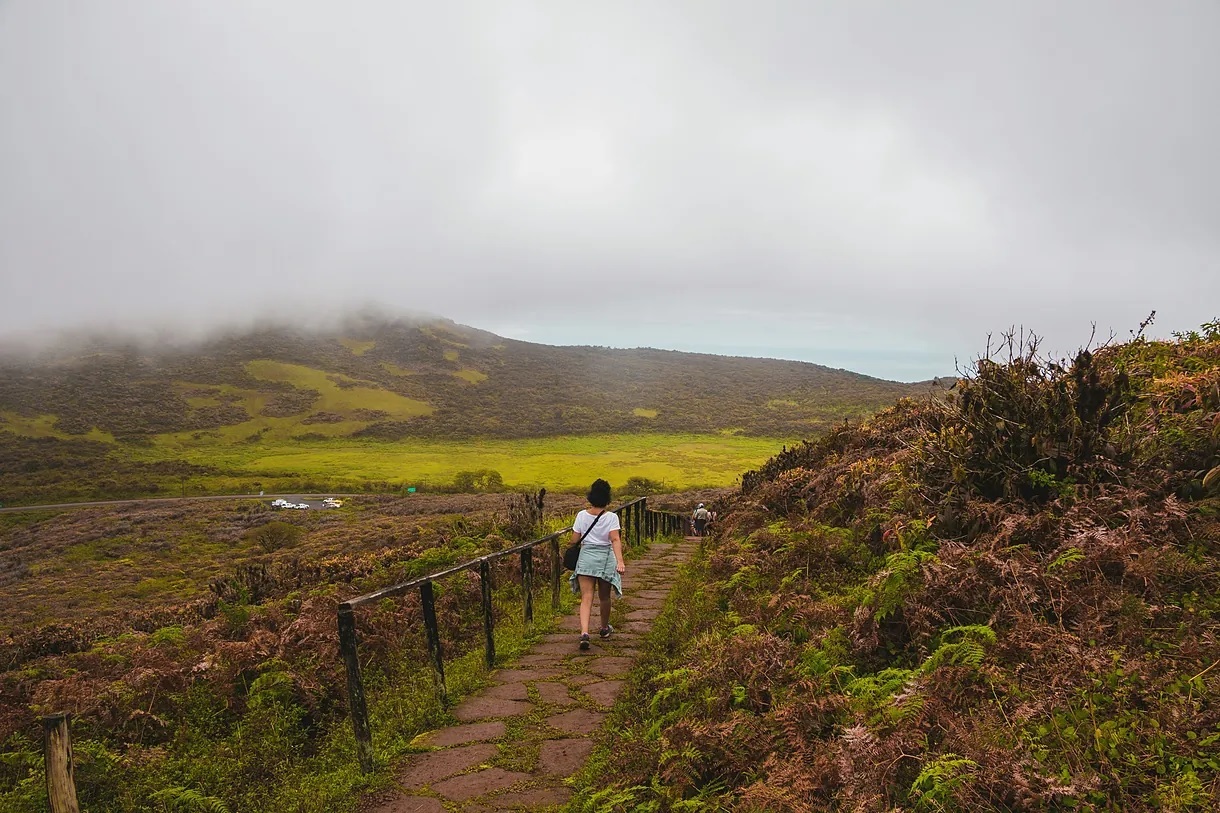Coffee is more than a drink. It is an experience that connects cultures, histories, and people around the world. That is why, on the occasion of the International Coffee Day celebrated on October 1st, we embark on a journey through the best coffee routes on the planet. From the most iconic ones like the well-known Coffee Axis in Colombia to the most unexpected places like Myanmar, a growing coffee powerhouse, passing through beautiful European cities such as Oslo, where specialty coffee is an institution. A good way to get to know them is through free tours guided by specialized companies in this type of tours like GuruWalk, which proposes the following routes.
Ethiopia, the birthplace of arabica
We start the itinerary in the birthplace of arabica coffee, Ethiopia. Specifically, in the highlands of the ancient province of Kaffa, where, according to legend, a shepherd named Kaldi discovered the energizing effects of the drink. It is the ideal destination for nature lovers, as they can explore tropical forests where the bean still grows wild. Additionally, in cities like Addis Ababa, traditional ceremonies offer a deep immersion into the native culture thanks to local guides.
Colombia: the Coffee Axis and beyond
When we talk about the land of coffee, it is impossible not to think of this country and its Coffee Axis, an area that encompasses the departments of Caldas, Risaralda, and Quindío, as well as the regions of northwest Tolima, southwest Antioquia, and north Valle del Cauca. The free tours include experiences related to the beverage to discover the best of each place and cultivation. In addition to the axis, the Latin American country also has other areas closely linked to coffee such as Nariño and Sierra Nevada de Santa Marta. In the first one, the altitude and climate produce grains with unique flavors. Meanwhile, in Sierra Nevada, indigenous communities like the Arhuacos continue to cultivate following ancestral practices.
Laos, Asia's best-kept secret
In Southeast Asia, Laos is a little-known coffee destination. The Bolaven Plateau is the heart of production, where small family farms cultivate high-quality arabica and robusta beans at altitudes between 600 and 1,400 meters for almost a century. Travelers can stay in eco-lodges and participate in tours that support local communities through routes, visits to temples and markets, and excursions along the Mekong River or at the Tad Fane, Tad Yeungo, and Pha Suam waterfalls.
Rwanda: resurgence through the beverage
Rwanda has emerged as a specialty coffee producer. After its tragic history, the country has found a path to sustainable development of its economy and people, opting for the arabica species and the red bourbon varietal. The small plantations around Lake Kivu and the Nyungwe tropical forest not only offer breathtaking landscapes but also the opportunity to learn about community initiatives that empower women and youth within a historically marginalized population.
Myanmar, a new coffee horizon
Formerly Burma is emerging as a new coffee destination. Regions like Ywangan and Shan State produce high-quality arabica and robusta beans. Additionally, local cooperatives are working to enter the international market. Coffee tourism here is an opportunity to explore pristine landscapes, architectural treasures like the Buddhist temples of Yangon, and immerse in a culture as rich as it is unknown to the world.
Galapagos, heading to the Enchanted Islands
These islands are famous for their biodiversity, but few know that in Santa Cruz and San Cristóbal, coffee has been organically cultivated in harmony with the environment for over 135 years. Then came the first bourbon seeds from the French colonies in the Caribbean. Visiting these plantations offers a different perspective of the islands, combining ecotourism and tasting in an environment mainly known for its marine life.
Norway and specialty coffee
In some Nordic countries in Europe like Norway, coffee is a national passion. Oslo, for example, hosts some of the best roasters and specialty coffee shops in the world. Although they do not produce coffee, their dedication to perfection in preparation and roasting makes this country a must-visit for coffee enthusiasts.
